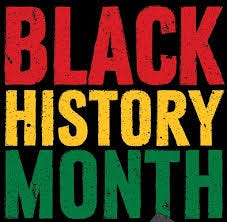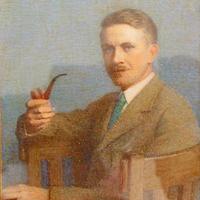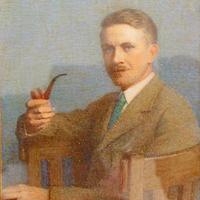Gastonia, author of “The Token”, helps organizations diversify

Gastonia author Crystal Farmer advises those who want to create more diverse spaces to re-evaluate their approach in her book “The Token.”
“I often get asked how to get more black people to come to meetings or join groups and I wanted to let organizations know what might or might not make their place undesirable,” said Farmer, who also owns the Gastonia Freedom School.
Farmer’s involvement in cohabitation organizations has taken her to many “all-white spaces” where she has faced several uncomfortable encounters.
“I’ve had people try to ask me questions about black people that didn’t apply to all black people or people trying to touch my hair,” Farmer said. “I wrote the book to help people understand these negative experiences our people have.”
She wrote “The Token” in 2019 to help people better understand the offense of microaggression, which she defines as treating people in a way that makes them feel like “the other.”
“They’re not intentionally harmful, but they are harmful,” Farmer said. “You only see part of a person rather than valuing someone as a whole person.”
The book includes her own unique experiences and highlights the experiences of people with disabilities, within the LGBTQ community and more.
She titled the book, “The Token”, to create a conversation about the people who have the responsibility of representing an entire identity or race of people.
“It was kind of funny and I know the word has a negative connotation, but I wanted people to reevaluate why they bring black people into communities,” Farmer said. “It doesn’t make sense to assume that a black person has understanding for all black people and try to make that person the educator of all black people.
“It’s a lot of pressure to put on someone and we might share similar experiences, but we all have our own ideas, thoughts and wishes.”
The book also highlights inappropriate approaches to creating diversity such as “hiring a black person as a board member because the organization needs more black people.”

“I mainly work with nonprofits trying to do something good for everyone, but if you don’t understand this larger population that you’re trying to reach, you won’t reach everyone,” Farmer said.
“For example, if your board is all white, how do you get insight into what black people want and what white people want?
“The answer is not to find a black person to sit on the board and do all the work,” Farmer added. “The answer is to be sincere and engage with different communities.”
Farmer hopes her book will inspire people to pursue real change by understanding the needs of others rather than trying to make their nonprofit more appealing.
She also wrote the book from her passion for going to different communities and getting to know new people.
“It’s nice to see that some cohousing communities have started book clubs with the book,” Farmer said. “I’ve done a lot of presentations on this and took a course last year.”
She wrote the book for those who consider themselves open to diversity but have yet to engage with communities to include diversity in their daily lives.
“Hopefully I can go to communities in 10 to 15 years and see the changes in diversity,” Farmer said.
She plans to create a course for the book dedicated to community organizers.
Contact Janiya Winchester at 704-869-1842 or jwinchester@gannett.com




